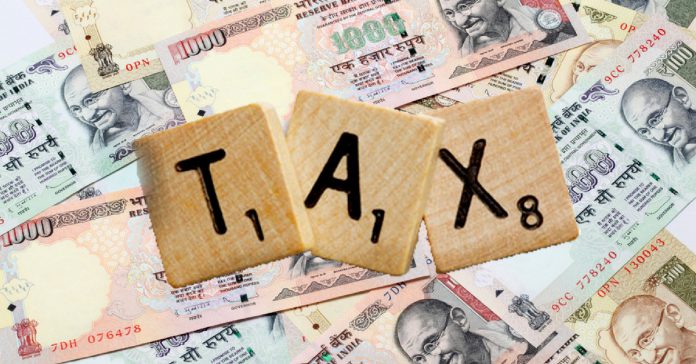
A lot has been written about the goods and service tax in the past few months, especially with the budget coming out. You could even call it the most-awaited reform in taxes. However, there are plenty of people out there who are still asking the most basic question – What is the GST? Here are some points that should clear up the basics about this reform.
Everything about Goods and Service tax
#1
The GST is short for the Goods and Services Tax which was introduced by Arun Jaitley, the Finance Minister in the Lok Sabha on 19th December 2014. It is also known as the Constitution Bill (One Hundred and Twenty Second Amendment) 2015.
#2
The Bill states that the Constitution be amended so that a single Goods and Services Tax replaces the many indirect and direct taxes that the government has been levying up to now.
#3
Some of the taxes that GST will replace are the Countervailing Duty, Central Excise Duty, State Value added tax, Service tax, luxury tax, and octroi and entry tax amongst others.
#4
As per the Bill, a new Article will be inserted in the Constitution which allows the States and Centre to legislate taxation on services and goods concurrently.
#5
The taxes that the Centre levies will be known as the Central GST or CGST and those that the States levy will be known as State GST or SGST. A tax called the Integrated GST or IGST will also be levied on goods being transported across states. Although the Centre will collect this tax, it will disperse it to the states in question.
#6
The Bill will establish a GST Council that is supposed to optimize the tax collection on services and goods by the Centre and the States. It will decide what taxes will go in the GST, which services and goods will come under the purview of the GST and on what basis and at what rates the GST will be applied.
#7
As of now, alcoholic liquor meant for human consumption is not going to be taxed under the GST. Crude oil and petrol amongst other fuels are also not being taxed under this Bill right now.
So far, the Indian tax system has been one of the most complex, with a plethora of direct and indirect taxes that start-ups and new businesses. This much-needed tax reform should breathe fresh life into the Indian economy and boost the GDP significantly.


































